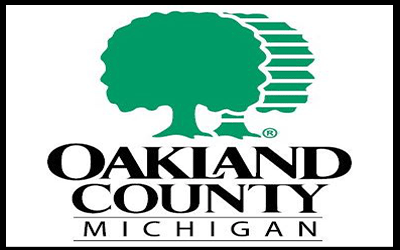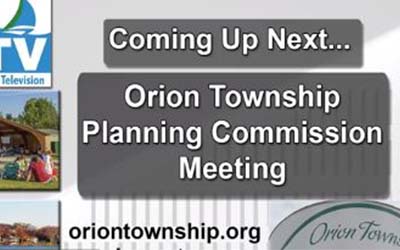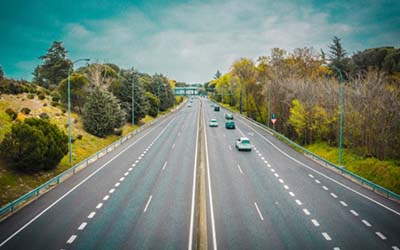
virtual town hall about COVID-19 vaccine for older adults
Michigan hosting next virtual town hall about COVID-19 vaccine for older adults
Discussion to focus on vaccine effectiveness, community access
FOR IMMEDIATE RELEASE
March 20, 2021
Contact: Angela Minicuci, APR, 248-765-0558
LANSING, Mich. – Recognizing that Michigan residents have questions about the COVID-19 vaccine, the State of Michigan is hosting the next in a series of community town halls. The March event will focus on older adults, as they are currently eligible to receive the vaccine.
This virtual discussion will be held from 4 p.m. to 5 p.m., Thursday, Mar. 25. This builds upon the previous town halls with faith-based leaders and communities of color, about the safety, efficacy and importance of the COVID-19 vaccines for safely reopening Michigan. In the coming months, Michigan will host additional town halls in partnership with public health and community leaders. Events are live streamed at Facebook.com/MichiganHHS.
“Even as the COVID-19 vaccine eligibility expands, it’s important that older adults understand the safety and efficacy of the authorized vaccines, so that they can get scheduled as soon as possible if they haven’t already received the vaccine,” said Dr. Alexis Travis, PhD, senior deputy director of the Aging and Adult Services Agency within the Michigan Department of Health and Human Services. “Michigan’s older residents have a higher risk of severe illness and death associated with COVID, so increasing their immunity will help protect our communities overall.”
Moderated by Dr. Travis, the panel also will feature:
- Zaneta Adams, Director, Michigan Veterans Affairs Agency
- Maureen Taylor, Chair, Michigan Welfare Rights Organization
- Rev. Horace Sheffield, Pastor, Detroit’s New Destiny Christian Fellowship
- Dr. Brenda Surae Eaton, MD
- Mark Hornbeck, AARP Michigan
- Dr. Herbert Smitherman, MD, Detroit Receiving Hospital
“As a veteran who knows firsthand what protecting others looks like, I truly believe that wearing a mask and getting the COVID-19 vaccines are some of the simplest things we can do to protect our veterans from COVID-19,” said MVAA Director Zaneta Adams. “There are more than 550,000 veterans in Michigan, many over the age of 50 with preexisting conditions, ages, and experiences can make them more at risk for potentially deadly illnesses like COVID-19.”
The goal of the town hall series is to address the safety and efficacy of the vaccine by answering questions within vulnerable communities. The vaccine distribution plan has prioritized older adults as the risk of severe illness from COVID-19 increases with age. This is why vaccine distribution guidance from the U.S. Centers for Disease Control and Prevention recommended that adults 65 years and older be one of the first groups to receive COVID-19 vaccines.
Ahead of the discussion, attendees are encouraged to submit their questions for the town hall about the COVID-19 vaccine. Any questions that cannot be answered during the town halls due to time constraints, will be reviewed and added to the State of Michigan COVID-19 vaccine frequently asked questions.
It is important to note that, while supplies are increasing, there remains a limited amount of vaccine available, so there may be a waitlist for available appointments. As more vaccine becomes available, the state will continue to move more quickly through the priority groups. MDHHS follows the Centers for Disease Control and Prevention (CDC) recommendations for prioritization of distribution and administration of COVID-19 vaccines. CDC recommendations are based on input from the Advisory Committee on Immunization Practices, the federal advisory committee made up of medical and public health experts who develop recommendations on the use of vaccines in the United States.
Even with the increase of COVID-19 vaccinations, residents are encouraged to continue to practice preventative measures such as properly wearing masks, social distancing and frequent handwashing to reduce the spread of the virus until the vast majority of people have been vaccinated.
Michigan residents seeking more information about the COVID-19 vaccine can visit Michigan.gov/COVIDvaccine. Information around this outbreak is changing rapidly. The latest information is available at Michigan.gov/Coronavirus and CDC.gov/Coronavirus.






